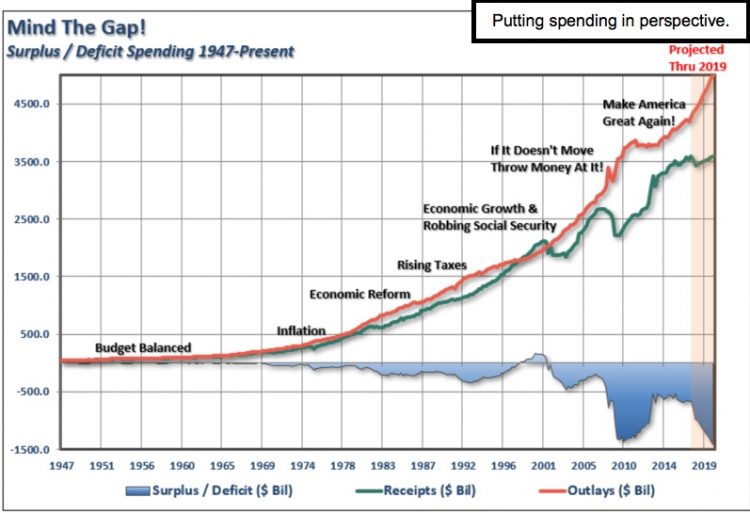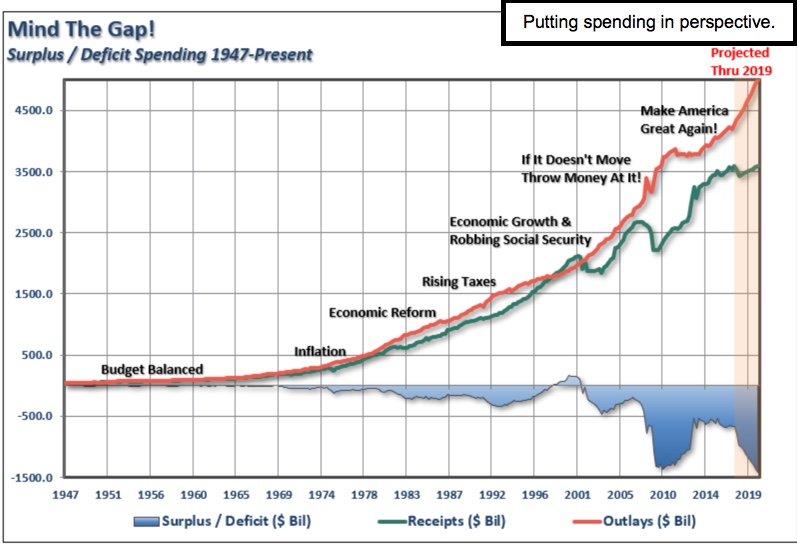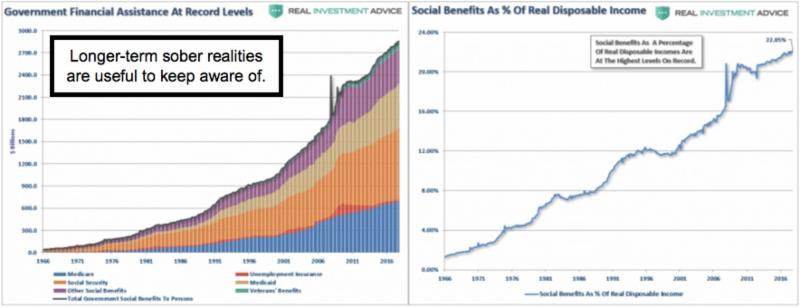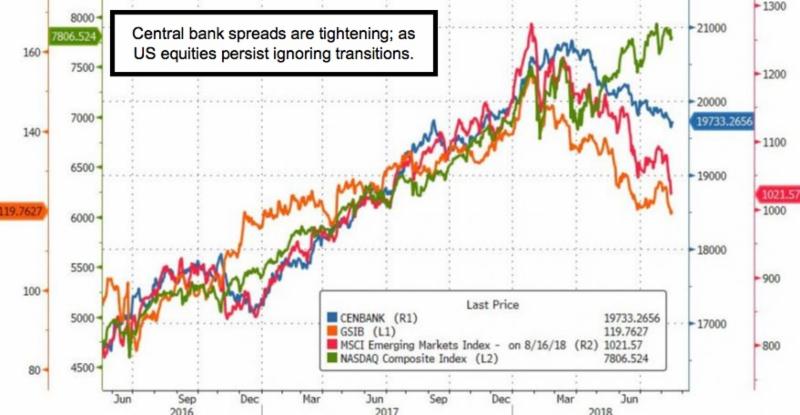
Extensive anxiety has dominated markets for a couple of weeks now and all-in-all stock prices and Indexes haven’t changed that much. Nevertheless it’s very clear (no surprise) how sensitive the markets are to trade news or tariff pronouncements to the point they’re almost ignoring interest rates.

The relationships out there, whether between metals and Bond yields, or between Fed policy and the markets, is unyielding, while all of it pales to a deal or no deal with China. Of course the markets would rally a bit if we’re able to cut a deal with Mexico or settle things with Canada, but China is of course the big play. My personal view remains a settlement will be coming.
And therein lies the rub. If investors perceive accelerated growth again, in a post-crisis recovery time, then doesn’t that put allow higher rates as well as a challenge for the stock market? The answers are yes and yes.

Yet the market oscillates with the indecision born of necessity, given that at least a lot of the fiscal reform, growth, and earnings prospects do correlate directly. This past week the CBO lowered their growth estimates based on reduced profits (and some inflation adjustments) due to tariffs kicking in. I concur; but this perspective changes ‘if’ we get a big China deal.
Here in Italy, the view is that Italian Depute PM Salvini was reasonable in his calling-out the EU over the tragic bridge failure. However, as I heard in the middle of Forum Romanum today, most Italians don’t blame the ECB or the IMF or any of the grand policies. They blame systemic corruption in a society that’s shown a lot of inertia in terms of getting things done.

Maybe that even will shake people up (it has); but it’s not a ‘sovereignty’ or other EU related issue as most financial media suggest. It’s the evolution I hear of an ingrained trend of not just inertia but rapid government turnover not to mention corruption. I’m told everybody knew that bridge was bad but nobody did anything about it.
















